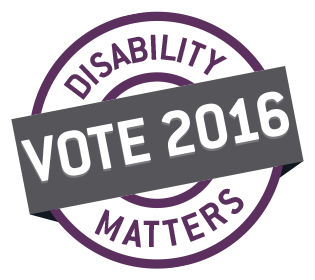Fair Wages for Those Serving Manitobans with Intellectual Disabilities
The safety and well-being of thousands of Manitobans with intellectual disabilities depends on the consistency and quality of care and support provided by community-based agencies across Manitoba. Providing such care and support is very difficult for these agencies that report turnover rates for front line staff that range from 25% to over 66%.
As for all Manitobans, much of the richness of life for persons with intellectual disabilities comes from developing and sustaining close relationships with those who live with us and who care for us. This is a tremendous challenge given these turnover rates. It is estimated, for example, that even at a 40% turnover rate an adult with an intellectual disability participating in both residential and day services will receive care from as many as 164 different staff over a 10-year period. From age 18 to age 65, that translates into more than 770 different staff.
The primary reason for these high rates of staff turnover is that disability support workers are among the lowest paid human service workforces in Manitoba. Their work is seriously undervalued and they are paid significantly less than others working in caring professions like child-care and homecare. The low wages not only translate into high turnover, low wages also translate into staff shortages, difficulty recruiting staff with relevant knowledge and skills and ultimately, reduced quality of care.
After many years of inaction, the government has just begun to address part of this issue. As of January 1, 2016, the starting hourly wage for a disability support worker in residential services will be $13.75 but with little room for further increases. The average hourly wage of disability support workers in day services is as low as $12.06. Many who have made long-term commitments to this work are still getting only $12.06 per hour after 20 years. These are not fair living wages and they don’t provide viable career options for most people.
Manitobans with intellectual disabilities deserve well-trained, qualified staff who are paid a fair living wage. This will significantly improve the quality of life of thousands of Manitobans with intellectual disabilities.
